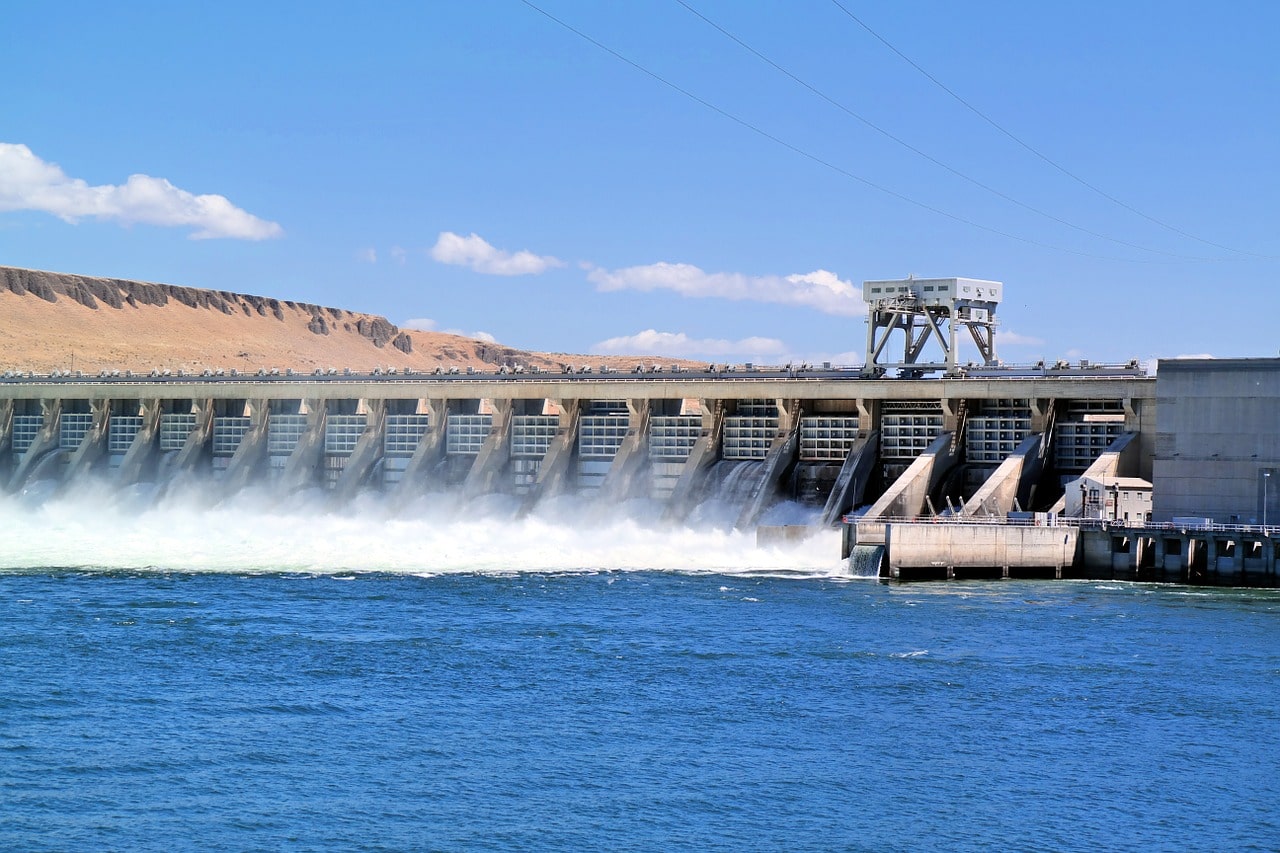Although the media has covered news regarding the water shortage and day zero in Cape Town, along with how the city prevented day zero from occurring, a lot less light has been shed on the Gauteng.
With the restoration of the Cape dams, however, more focus is being placed on the water crisis in the smallest, yet one of the most densely-populated, in South Africa.
While Gauteng hadn’t necessarily struggled with a water shortage problem before, it has recently, due to its sewage plants collapsing. A Water Security Plan, constructed for the Gauteng City Region Report, placed a lot of emphasis on the matter at hand. The province’s residents used up to 300 litres of water daily, and with an increase in a population of 300,000 annually, there is a problem on the rise.
Gauteng won’t be able to provide water to an increased population. Especially, because household uses so much water, and if the possibility of a day zero for Cape Town, could be stopped, then we’ve learned that prevention is better than cure.
While it’s difficult for residents to decrease their water intake, they will be thankful for using water sparingly now, for future purposes.
Conserving water in Gauteng
Residents can conserve water in the province by making changes to their excessive water usage.
They can make little changes to their daily household routine, like closing the taps when brushing their teeth, close the taps of their shower, unless they’re using it, use less water for washing and cleaning, reuse water such as greywater to flush toilets, and repair any leaks, which usually occurs in one’s roof.
Even though making these few changes seems silly, as one person cannot save enough water to prevent water shortage in an entire province when everybody stands together in the effort to save water, it can easily be achieved.
Get bottled water coolers and mains water coolers from Living-Water in London.






